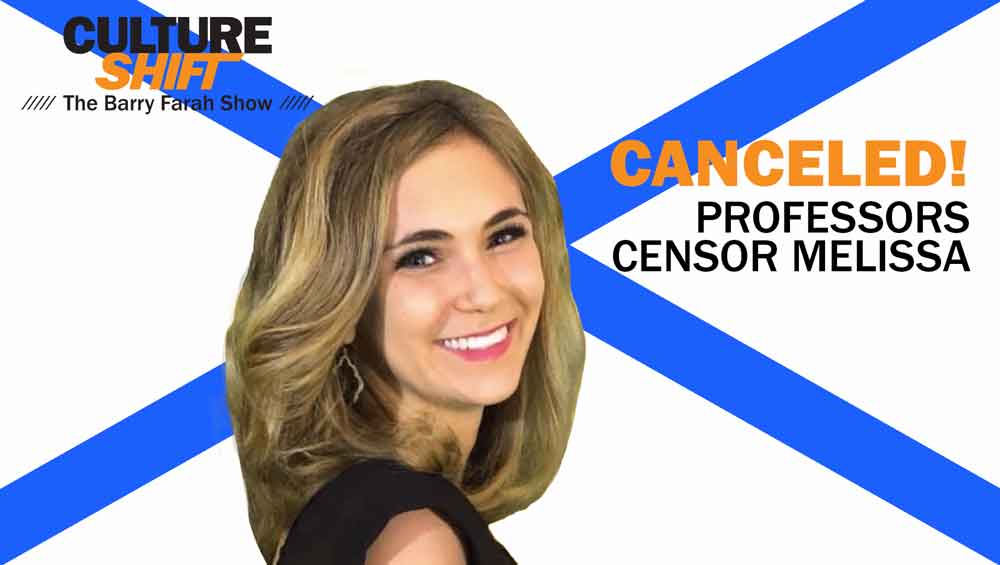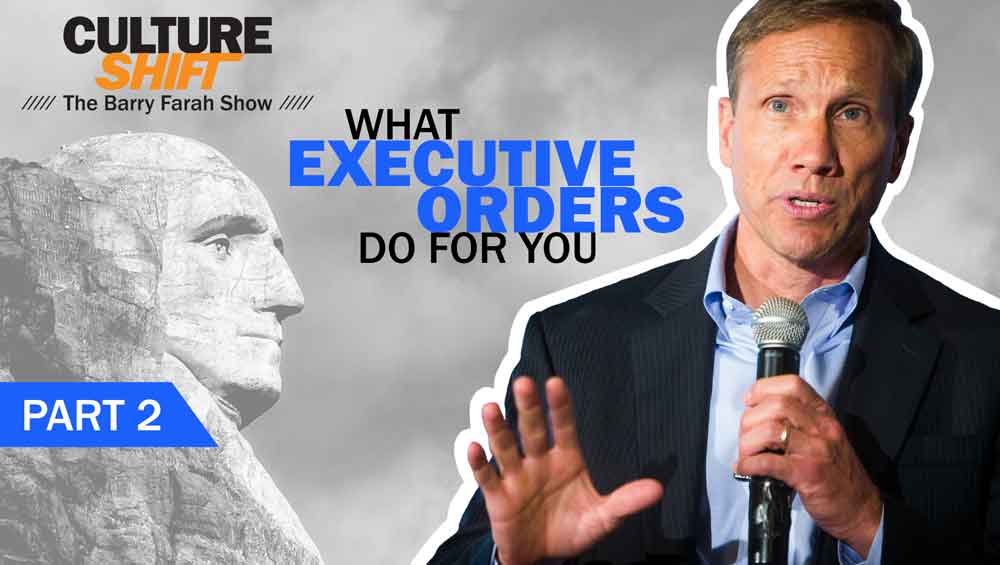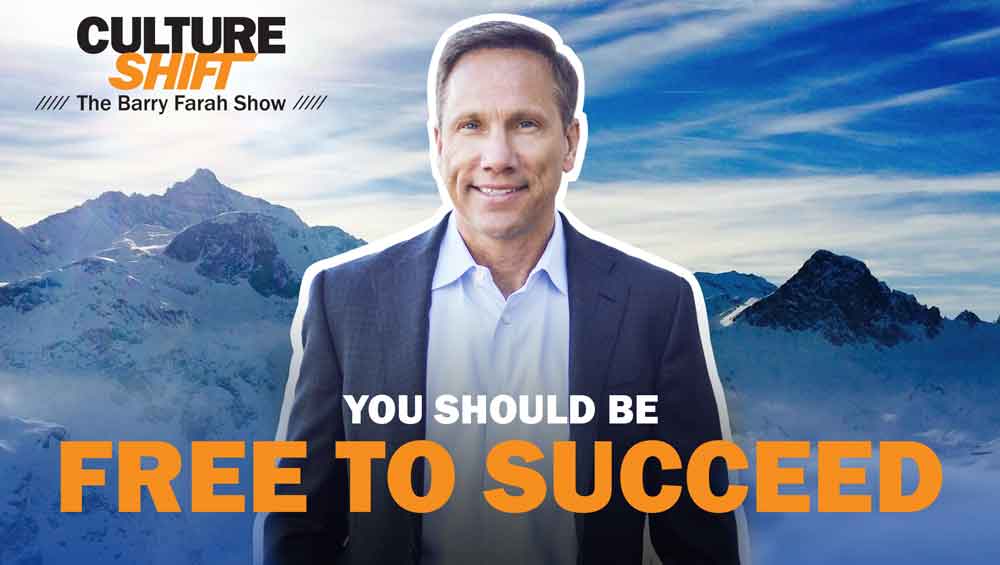
Episode #16 – Barry Farah continues interviews with the next generation of leaders at the TPUSA Student Action Summit in 2020 discussing a range of topics including education, the media, faith and freedom of religion. Barry interviewed Melissa who is from Florida who is 23. Melissa was a broadcast journalist major and shares how she was censored in college by her professors. Barry Farah and Melissa discuss her stance in favor of a robust discussion in the media in order to come to the knowledge of the truth.









